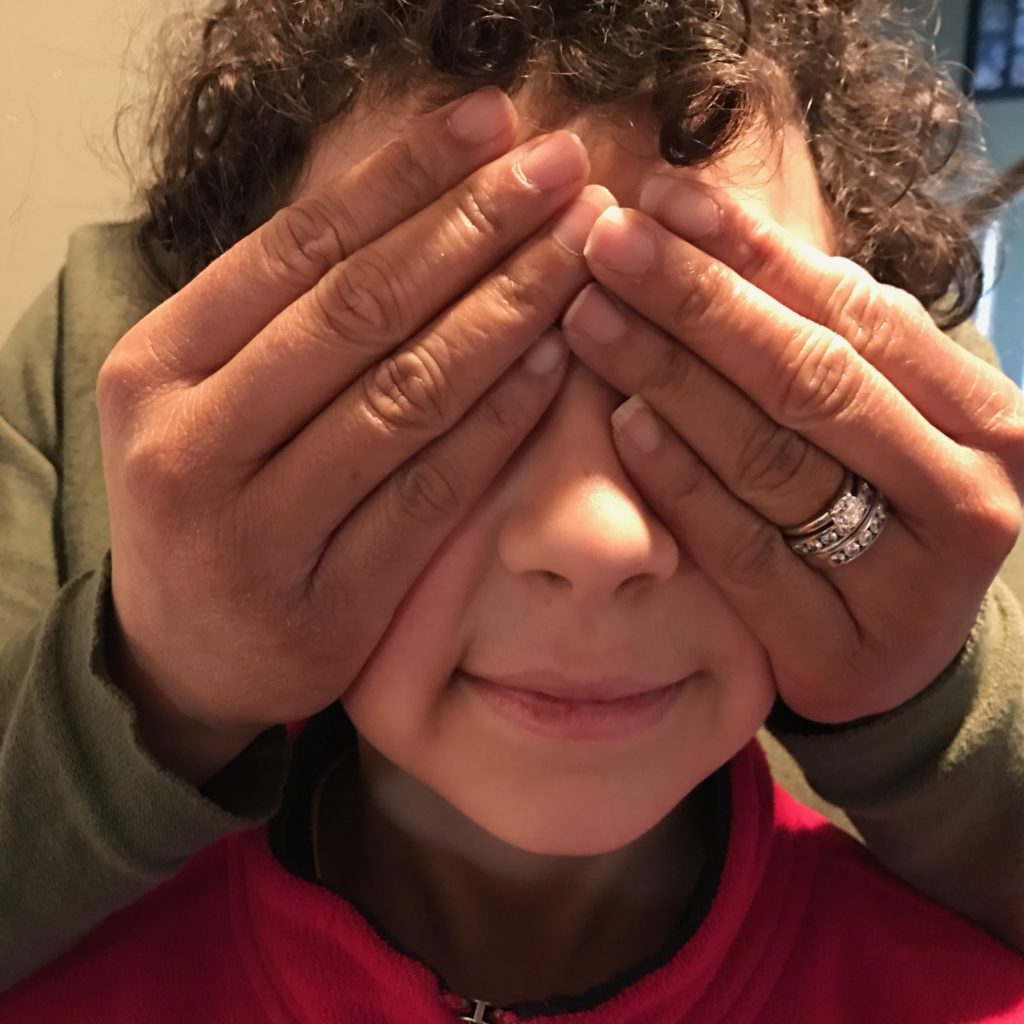
The amount and variety of pornography available on the internet is truly amazing. And if you’re a parent, it’s truly terrifying. How can you keep your children from seeing sexual material—-especially anything-but-mainstream behavior—that’s far beyond their ability to comprehend?
Finding pornography at an early age is usually very unsettling for kids. Unlike teens, who have some idea what porn is, younger kids are often blindsided by it. They’re often fascinated, repulsed, aroused, and ashamed all at the same time–which is a mix that can easily lead to addiction in a young, developing brain.
In a survey I conducted of 900 young adults, several respondents mentioned having run across porn at a young age (say, 8). For all of them, it was a negative experience–upsetting at best, and at worst the source of a long-term addiction. Those who had the best outcomes seem to be the kids who quickly told a parent what they’d found. Those who had the worst experiences typically were afraid or ashamed to tell their parents.
There’s nothing parents can do to be completely sure kids won’t stumble onto porn, but there are things you can do to reduce the risk:
Use filters. Older kids can often figure out how to get around filters, but younger ones usually can’t. Even with very tech-savvy 10-year-olds, filters help, because kids that age aren’t looking for porn, they’re finding it by accident. If you make it harder to find, they’re less likely to run across it. Keep computers in public areas (not in bedrooms).
Warn kids. Explain to kids that there are all kinds of things on the internet that are untrue, gross, and/or uncomfortable. Many things aren’t suitable for kids, and many sites have things most adults don’t like. Tell your children they might see things they don’t want to see, so you’d really rather they asked you about any questions they might have. If you don’t know the answer, you can research it together.
Show them safe sites for sexual information. Teach kids that some sites are more reliable than others. Sites that end in .edu or .org are better than ones that end in .com or, worst, .xxx. Go on-line with your child to some of the safer, more kid-friendly sites (such as healthychildren.org, run by the American Academy of Pediatrics). Maybe bookmark them so she can find them later.
I also recommend having an old-fashioned, paper medical reference book in the house and showing kids how to use it. Of course it’s not what you’d turn to if someone had a serious condition. But a reference book is excellent for defining terms and providing overview information. The line drawings of body parts are scientific, not salacious or creepy. Most important, books don’t link through to any other, possibly inappropriate, sites.
Encourage kids to tell you if they see something that makes them uncomfortable. If they do stumble on something that seems freaky, make sure they know they can talk to you about it and you won’t be mad.
Most important, be a resource. If you’ve already told your kids about the birds and the bees, they won’t have to Google sexual terms; they can come to you. As awkward as those conversations are, they give your child accurate information about sexuality without risking unfortunate consequences. Plus, being open to talking about sex establishes you as someone your child can turn to about important but sensitive topics. That’ll have major benefits as your child turns into a teen. Even if you have to take a few deep breaths, the benefits to your child and your relationship are well worth it.